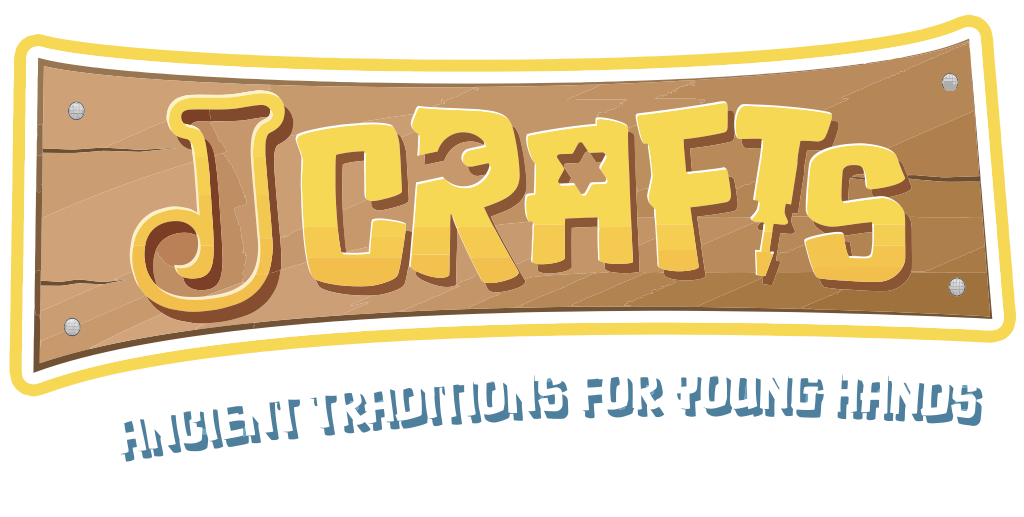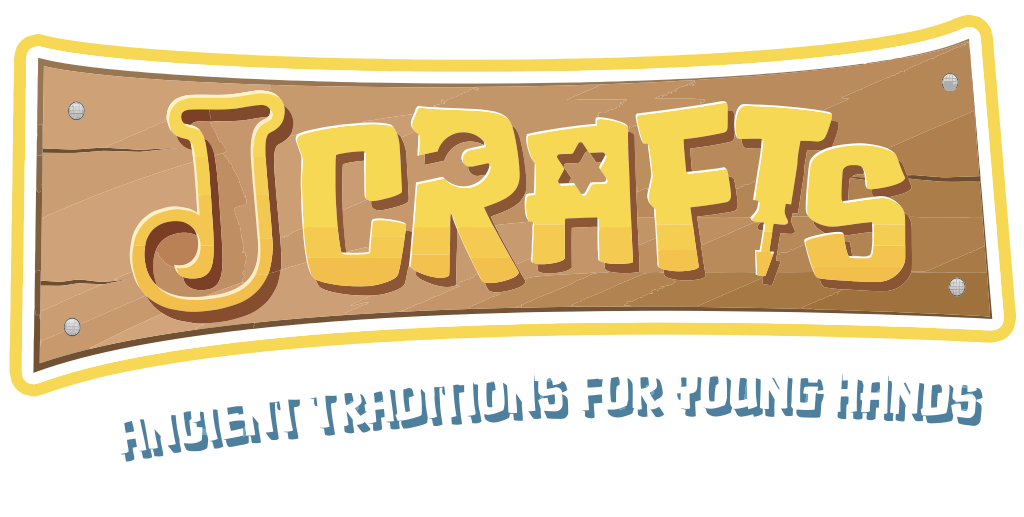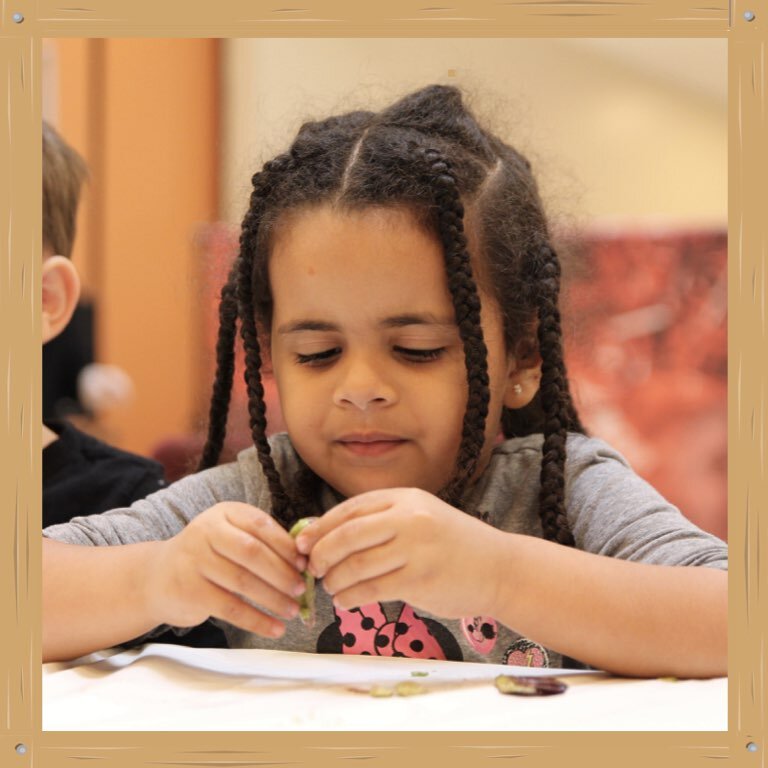The holiday series brings the chagim to life like never before. Innovative and hands-on workshops transform century-old festivals with excitement and meaning
The Matzah Factory
Experience the thrill of JCrafts’ Model Matzah Factory, where participants re-experience the Exodus with Moses, Pharaoh, and the Ten Plagues coming to life. From harvesting wheat to baking matzah in record time, every step is hands-on and immersive. With an iMax-style screen and jaw-dropping visuals, this unforgettable workshop creates lifelong memories—book now!
Read More
Got dough?
We are thrilled to make JCrafts' signature workshop, the Model Matzah Factory, available for you and your group. It's an experience not to be missed!
Where it all comes alive!
Participants re-experience the exodus, much like our ancestors did thousands of years ago in Egypt: Moses, Pharaoh, and other biblical characters come to life as ancient Egypt is smitten with the Ten Plagues. The burning bush, throngs of frogs, and huge hail take on a whole new meaning as the children witness the madness in real-time.
There's no time to waste! From cutting the sheaves and collecting kernels, learning the winnowing process, grinding the seeds into flour, entering the water and flour booths to make the dough, rolling-and-holing, and finally, the HIGHLIGHT: baking the matzah in record time! It's one heck of a thrill.
iMax Style!
The iMax-style screen brings this workshop to life! From jaw-dropping scenes of Pharaoh's palace to the red River Nile, from ancient Egyptian pyramids to wheat fields, the larger-than-life visuals take the experience to the next level!
Create lifelong memories
Create fond memories for your group by reserving a spot for your group!
Make your reservation today because... there's no time to waste!
-- DIGGING DEEPER:
Freedom is the ability for every person to realize their unique potential.
ESSENTIAL QUESTIONS
Is slavery external or internal?
What truly makes someone free or enslaved?
How do I define freedom for myself?
OVERVIEW
Students step into a time machine and travel back to the sand dunes of Egypt. They encounter the Hebrews as slaves to Pharaoh, experience the ten plagues, and join together with Moses as he stands up to the first recorded dictator and demands, “Let my people go!”.
Some historians believe that the Egyptians were the first to make leavened bread, having discovered a way to make it puff or rise. Participants learn that the only provision the Hebrews took with them when leaving Egypt was unbaked bread, still in dough form. When the hour of their liberation finally came, they left in a hurry and had no time to let the dough ferment. This unleavened bread, or ‘Matzah,’ baked as the hot desert sun scorched their backs, and was their source of survival for the next thirty days.
Participants roll up their sleeves and employ the same techniques for making unleavened bread that have been practiced for thousands of years. They explore the significance of bread and how this staple is viewed and valued in different cultures, while they uncover the central role that unleavened bread plays in the Hebrews’ liberation from Egypt. This leads to an appreciation for the unique place that the Passover meal holds in Jewish tradition today and provides a springboard for group discussion as well as a personal reflection on what being free truly means.
EDUCATIONAL OBJECTIVES
Customized according to the age group.
Participants will:
BE FAMILIAR with the main characters and storyline of the Exodus narrative.
DIFFERENTIATE between external forces that inhibit our freedoms and our own internal feelings and attitudes that can be a source of self-imposed limitations.
DESCRIBE what society looks like when every single person is equally valued.
KNOW how Matzah looks and tastes and how handmade Matzahs are made.
APPRECIATE what Matzah symbolizes and why it is such an important part of Jewish tradition.
DEFINE what freedom means to them.
This workshop is available from March 8-31, 2026
Read More
Participants will start by pitting olives, then get hands-on with a century-old iron press, feeling the excitement as the oil is extracted!
Next, they’ll purify the oil using a hand-driven centrifuge, carefully completing each step of the process. Finally, they’ll craft a cotton wick and test their handmade oil in a Menorah, experiencing the thrill of creating something from start to finish.
This interactive workshop is designed to captivate and educate, making the story of Chanukah tangible and engaging for all ages.
This workshop is available throughout the month of November and December
The Shofar Factory
Participants are encouraged to experiment with different kinds of trumpets and horns and interpret the messages that the horn sounds release. The audience partakes in the sawing, drilling, finishing, and shellacking of a shofar. In addition, the children practice the four different shofar sounds on their newly fashioned shofar and have the option to take home their own hand-crafted finished product.
Read More
The Shofar Factory offers an interactive, engaging, and sensory experience that guides participants through the various steps of making a shofar while explaining its deep significance. The workshop begins with a fascinating display of horns from different animals, encouraging participants to identify which horn belongs to each. Antiques and rare trumpets are also presented, giving the group a chance to see and even blow these unique instruments. As the horns are passed around, participants are encouraged to examine them closely, gaining a tactile sense of their structure and uniqueness.
Once the correct horn is identified, the group embarks on the process of creating a shofar from scratch. The first step involves determining how deep the opening in the horn is, which helps guide where to cut the shofar. Volunteers assist the facilitator in curing the horn, cutting off part of the un-hollowed horn, and drilling the connection hole. After widening the hole to achieve the right sound, participants help smooth the horn using an electric sander, making the mouthpiece comfortable for blowing. Throughout the process, the program provides tips on how to best blow this ancient instrument, while also emphasizing the shofar’s importance and relevance, especially during the High Holidays.
At the conclusion, the rabbi offers a crash course on the meaning behind the various shofar sounds and demonstrates with the freshly-made shofar. The workshop also delves into the cognitive aspect by focusing on science-based takeaways, and emphasizes that the mitzvah is not only to blow the horn but to listen attentively to its sound. Participants will come away with a deeper understanding of the shofar’s message and how it can be applied throughout the year.
When booking this program for a group, there are two options for the Shofar Workshop:
- Presentation only (Shofar is shared by the group)
- Presentation + each participant finishes their own Shofar (sanding and shellacking)
Please indicate your preferred option in the comment section of the reservation form: jcrafts.org/group-reservations
This workshop is available September-October





